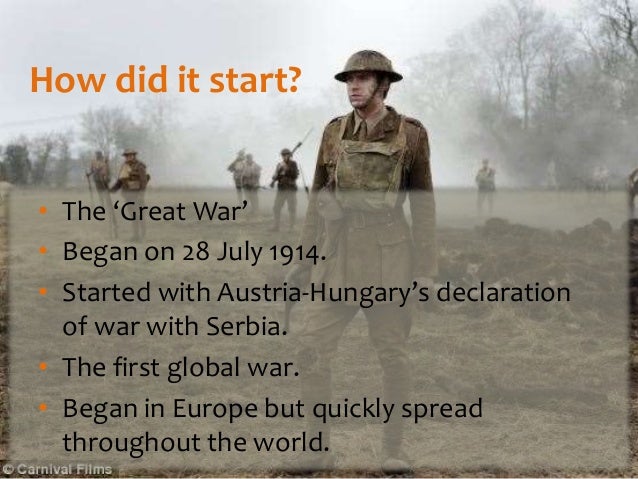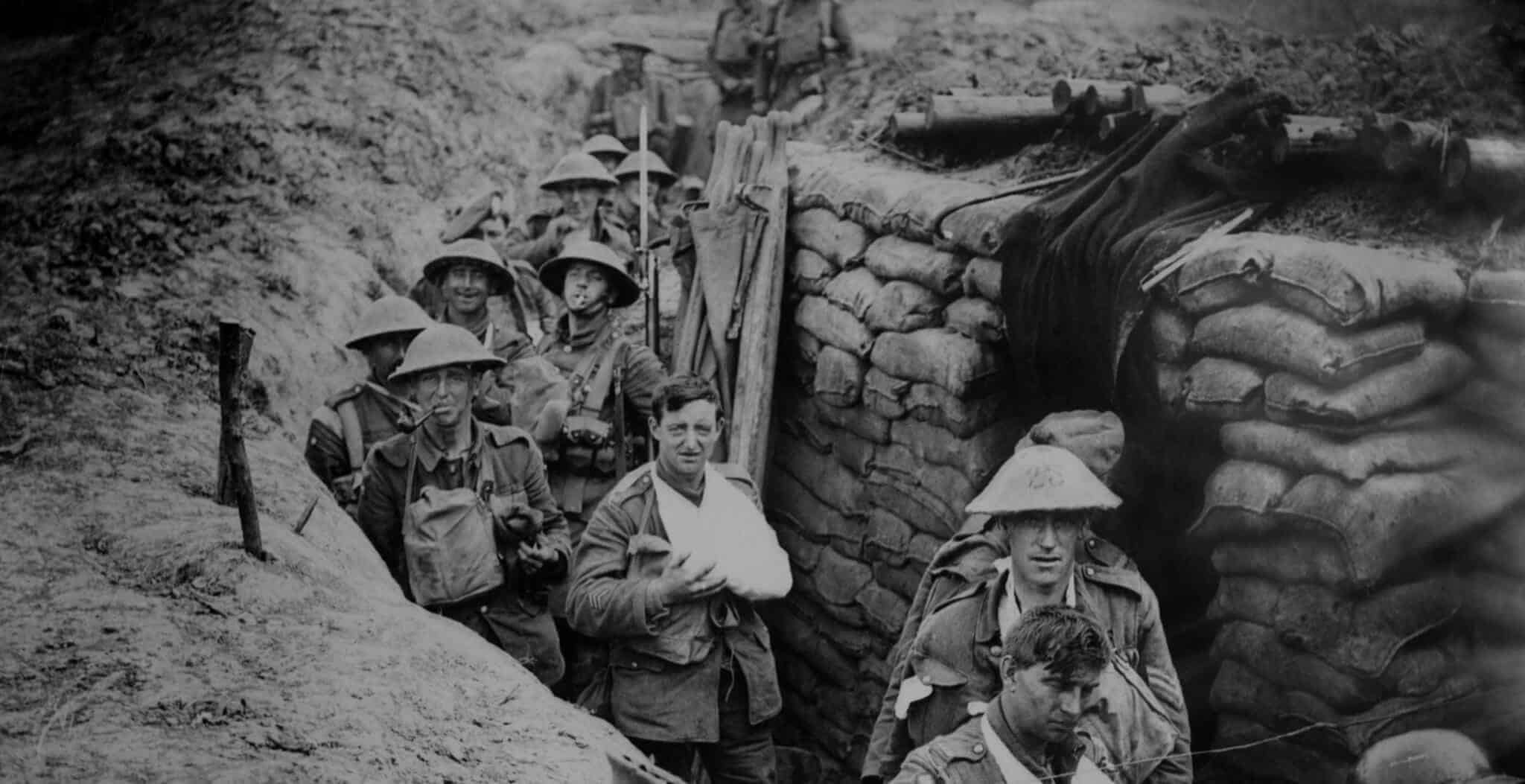The First World War, also known as the Great War, was a global war that lasted from 1914 to 1918. It involved the majority of the world's nations, including all of the great powers, organized into two opposing military alliances: the Allies and the Central Powers. The conflict was primarily fought in Europe, but it also spread to other parts of the world, including Africa, Asia, and the Middle East.
The Spark That Ignited The War

The First World War began on 28 July 1914, with the assassination of Archduke Franz Ferdinand of Austria-Hungary. The assassination, carried out by a Serbian nationalist, was the spark that ignited the war. Austria-Hungary declared war on Serbia, and the conflict quickly escalated as other countries joined in.
The Major Players

The major players in the First World War were the Allied and Central Powers. The Allied Powers consisted of France, Russia, and the United Kingdom, as well as other countries that joined later in the war, such as Italy and the United States. The Central Powers consisted of Germany, Austria-Hungary, and the Ottoman Empire.
The Trench Warfare

One of the defining features of the First World War was the trench warfare. The soldiers on both sides dug trenches to protect themselves from enemy fire. The trenches stretched for hundreds of miles, and the soldiers lived in them for months on end. The conditions were horrific, with disease, rats, and the constant threat of death.
The End of the War

The First World War ended on 11 November 1918, with the signing of the Armistice. The war had a devastating impact on the world, with millions of people killed or injured. It also led to the collapse of empires, the redrawing of national borders, and the rise of new ideologies, such as communism and fascism.
The Legacy of the First World War
The legacy of the First World War can still be felt today. It set the stage for the Second World War, and it shaped the geopolitical landscape of the 20th century. It also had a profound impact on the arts, literature, and popular culture, with many artists and writers reflecting on the horrors of the war.
Conclusion
The First World War was a global conflict that lasted from 1914 to 1918. It began with the assassination of Archduke Franz Ferdinand of Austria-Hungary, and it quickly escalated as other countries joined in. The war had a devastating impact on the world, with millions of people killed or injured. It also had a profound impact on the geopolitical landscape of the 20th century, and its legacy can still be felt today.